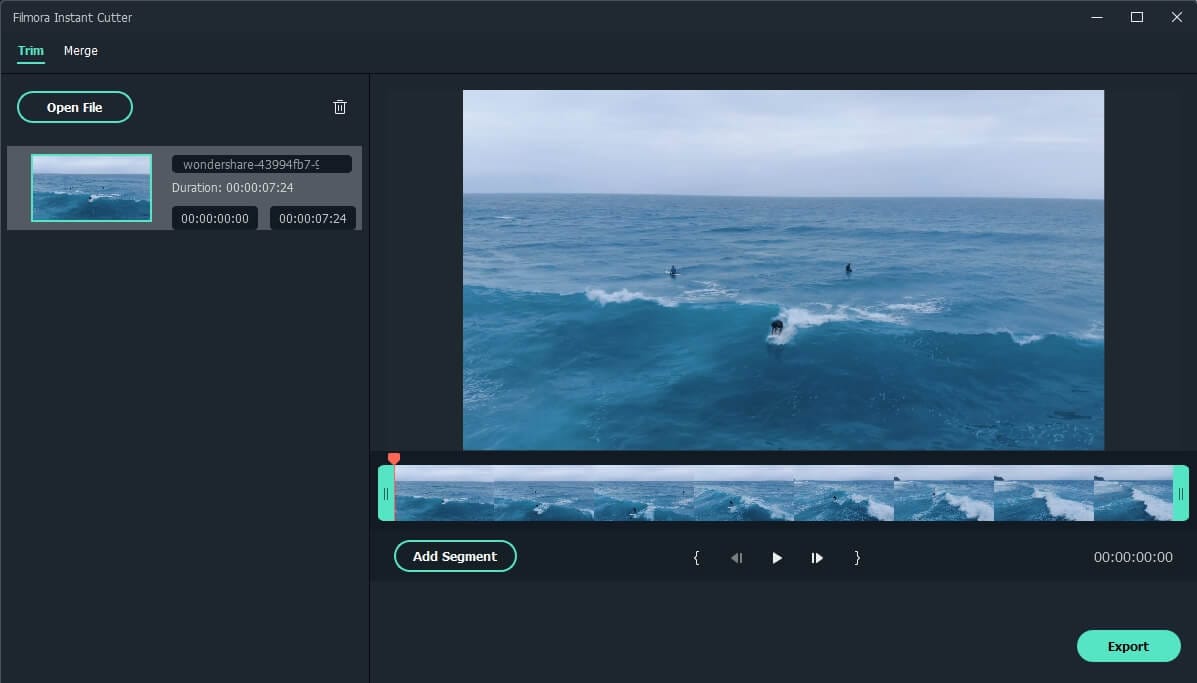

It is possible to abbreviate command options:Ĩ. Ignore files in local working copy onlyĪdd the following to the repo's. This new file will be untracked, but work the same as the versioned. hgignore file for this specific working copy. Make a clean copy of a source tree, like CVS export (The /path/to/repo bit is unfortunate but necessary to make it work when invoking ' hg' from within a subdir of the repo.)ĩ. Mercurial ships with the PurgeExtension for that purpose: One liner to remove unknown files with a pattern Or you could simply clone the repository and remove the. Remove the ' -p' option to really removed the matched files. If you need finer control, you can pipe the output of ' hg st -un' through your favorite commands. It has been bundled with Mercurial since 1.1 You can just enable the ColorExtension to colorize command outputs. If you've enabled the extension and have ' colordiff' installed, the following hgrc snippet will create a new ' hg cdiff' command: To get colors for pre-1.1 Mercurial, you can use the extdiff extension with the ' colordiff' tool to get colorized diff output. Similarly, on OSX if you want to use ' FileMerge.app' for your diffs, you can use the ExtdiffExtension.


The provided command-line wrapper ' opendiff' for ' FileMerge.app' will not work directly with the extension, but you can instead use the script fmdiff which wraps ' FileMerge.app' so that it responds like the usual diff program. Using environment variables in hgrc files Once ' fmdiff' is in your path, just add the following to your. This applies to paths used to enable extensions and the paths used to load ignore files: You can use environment variables in filenames read from hgrc files with Mercurial 1.4. #Tortoisehg workbench merging taking long time windows#.


 0 kommentar(er)
0 kommentar(er)
